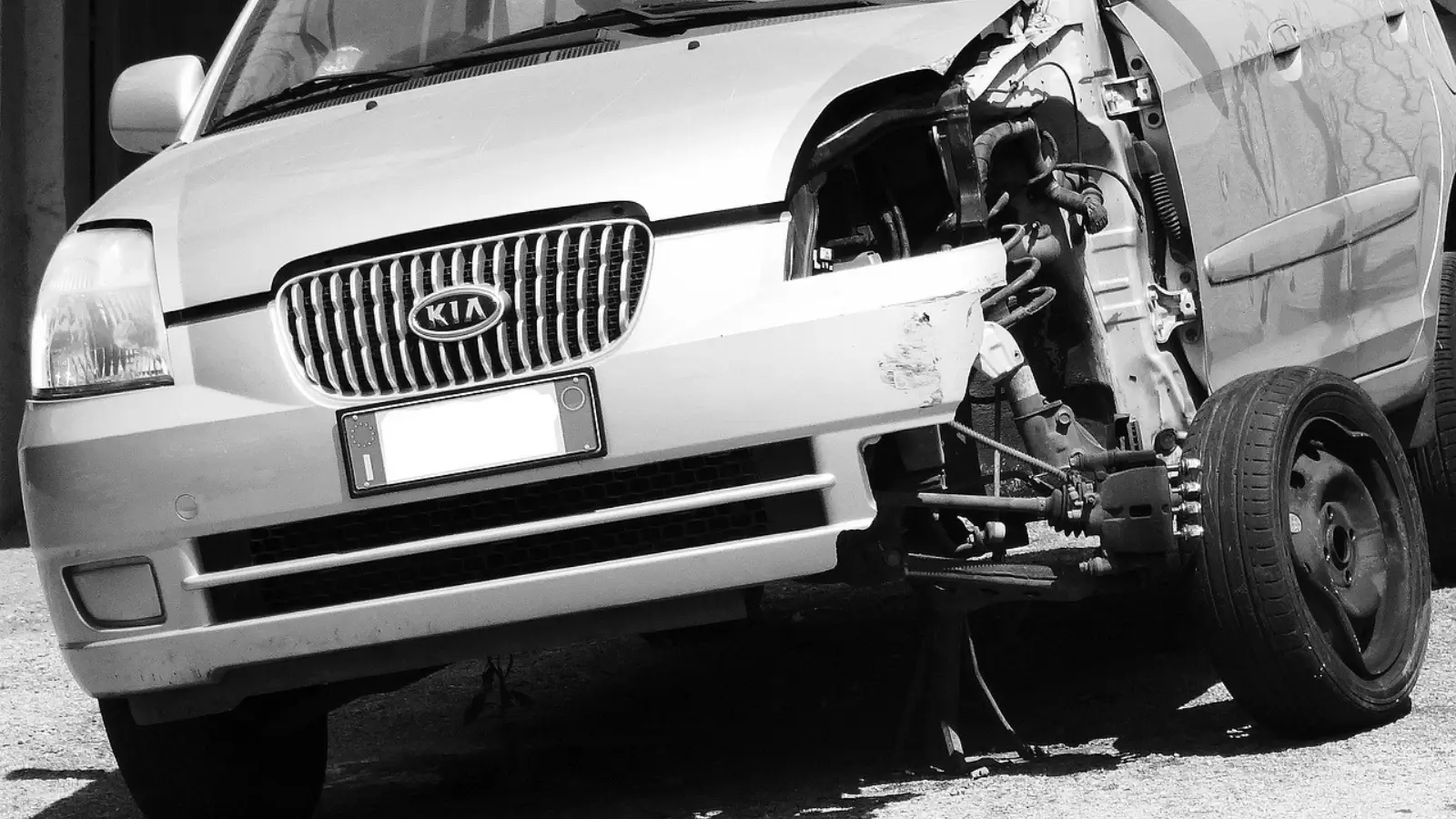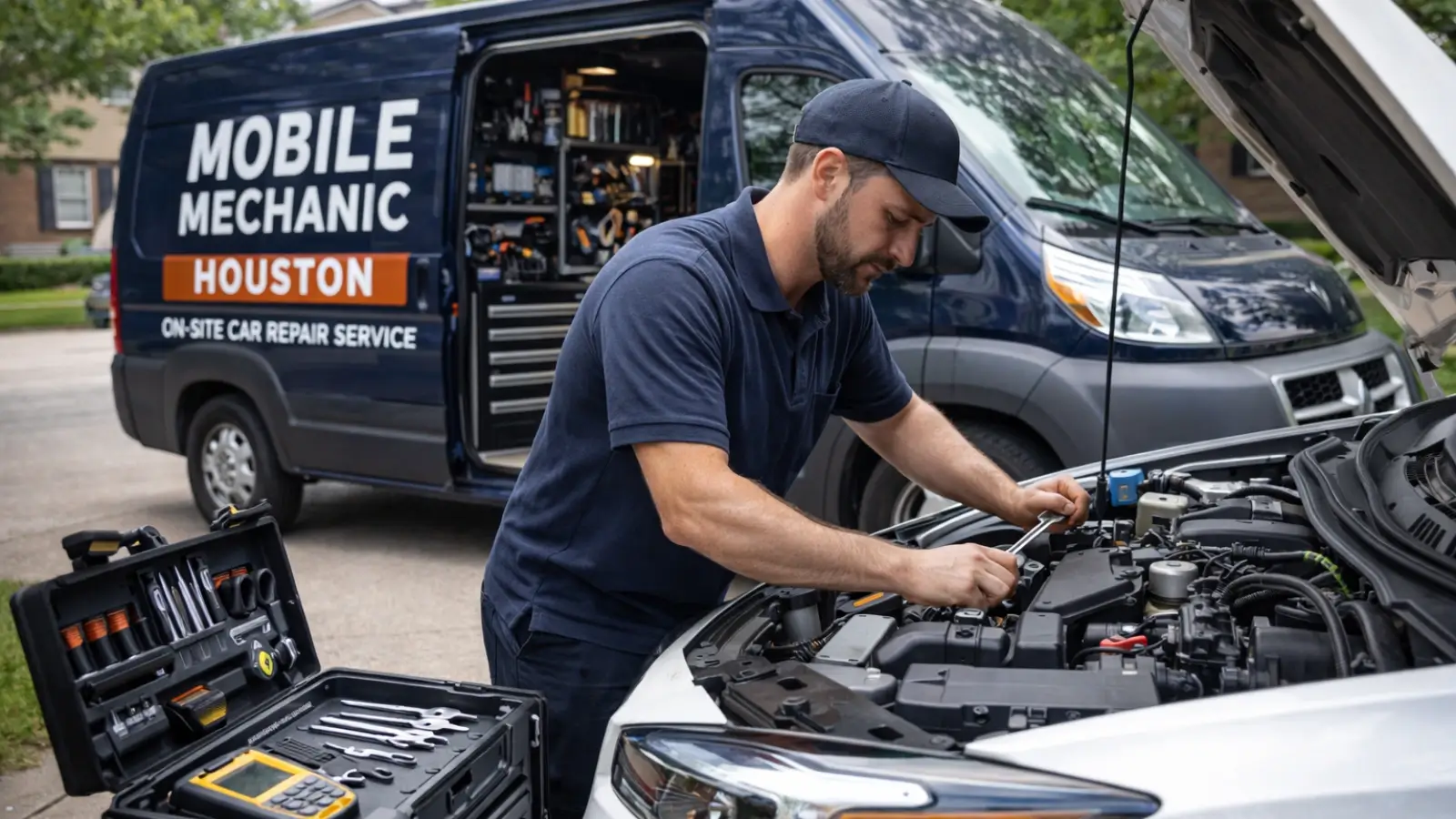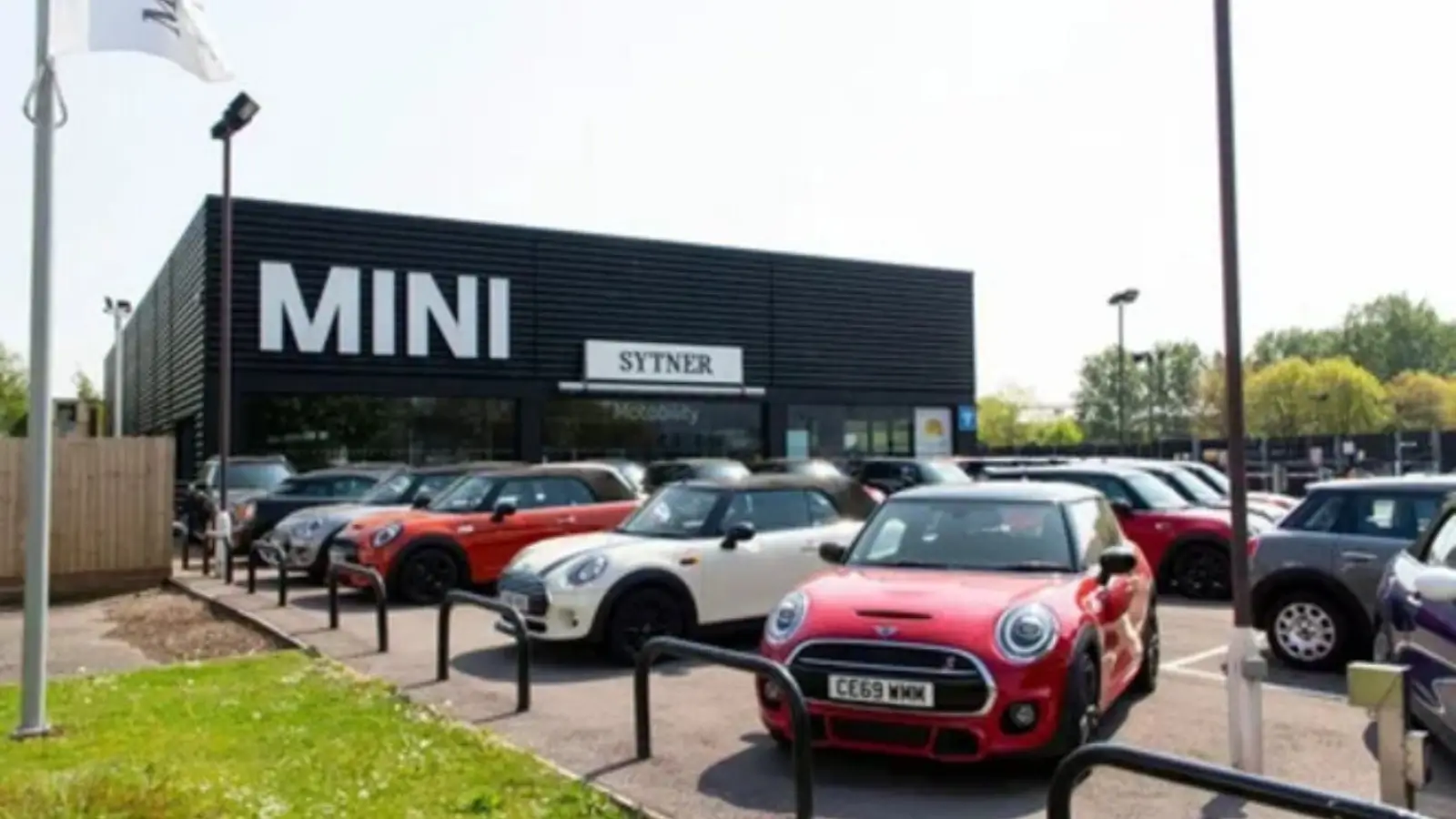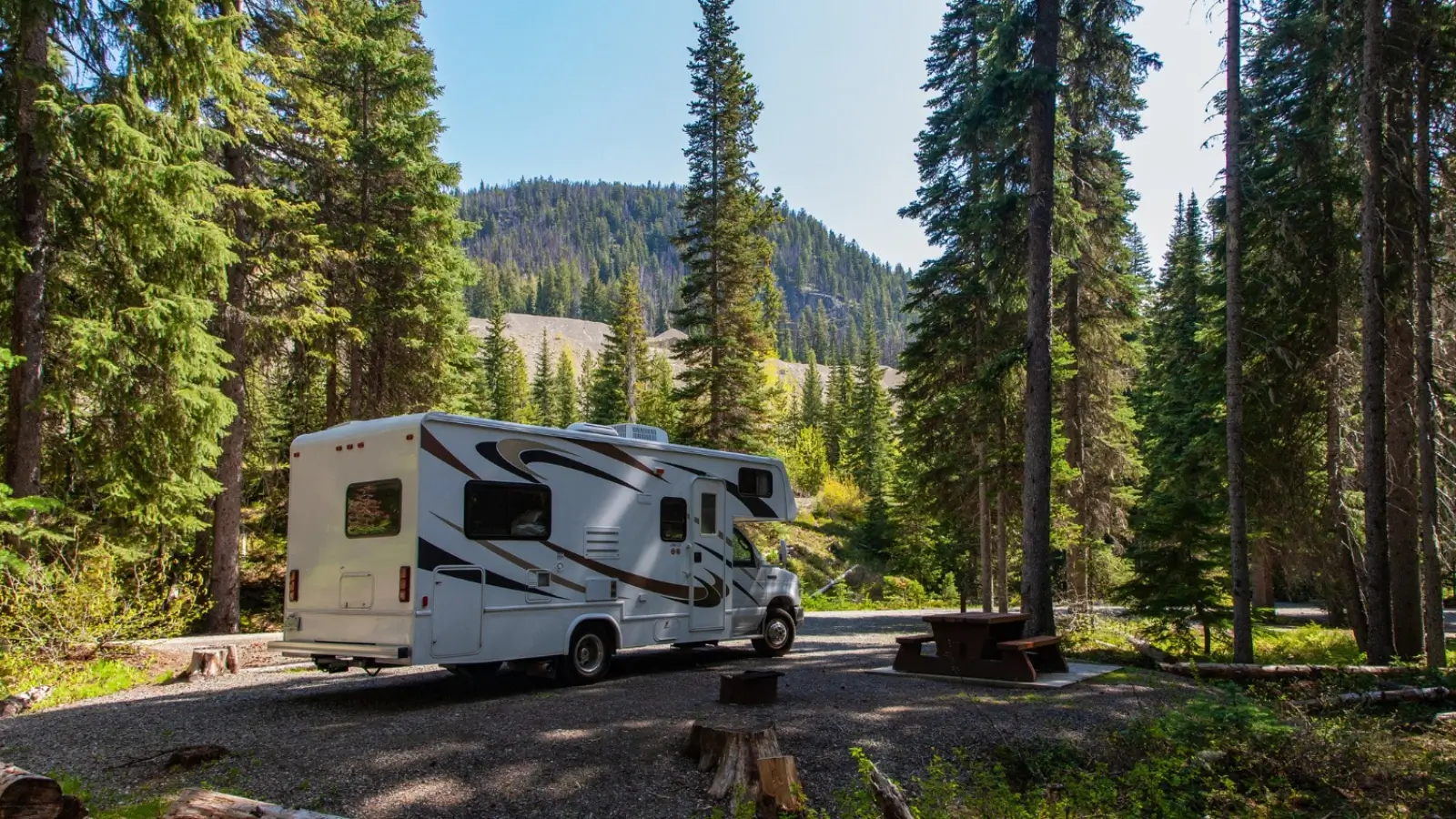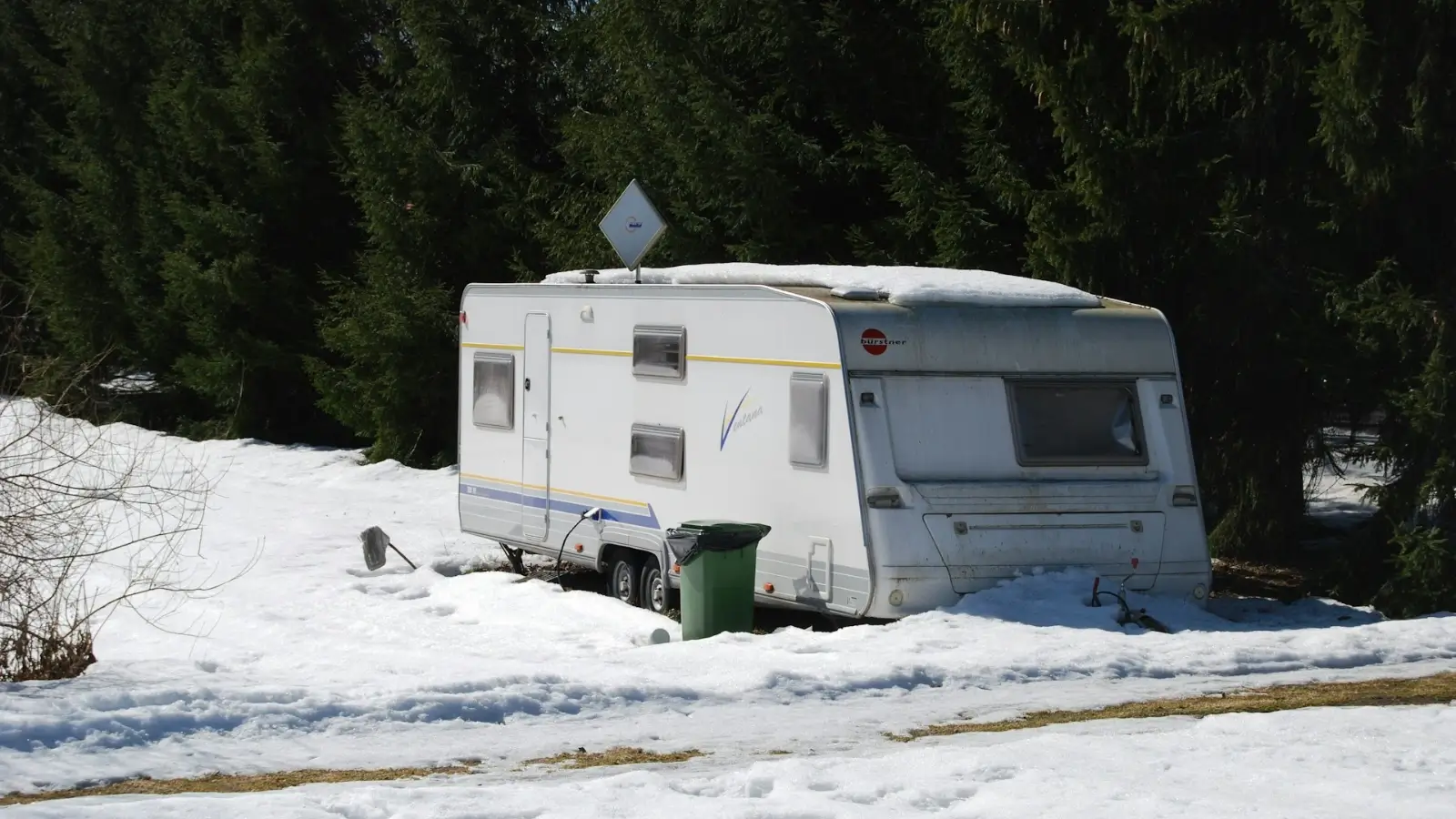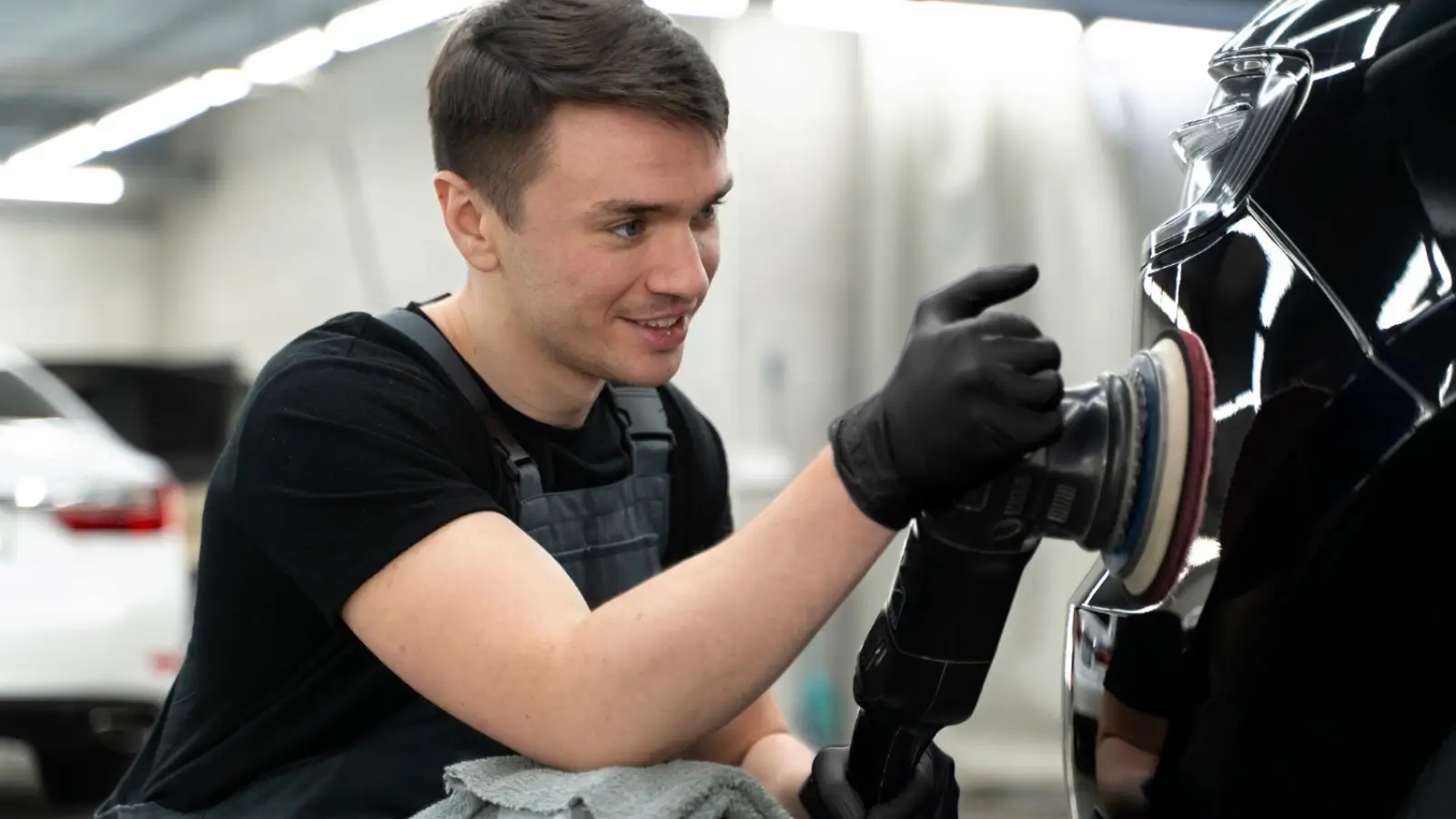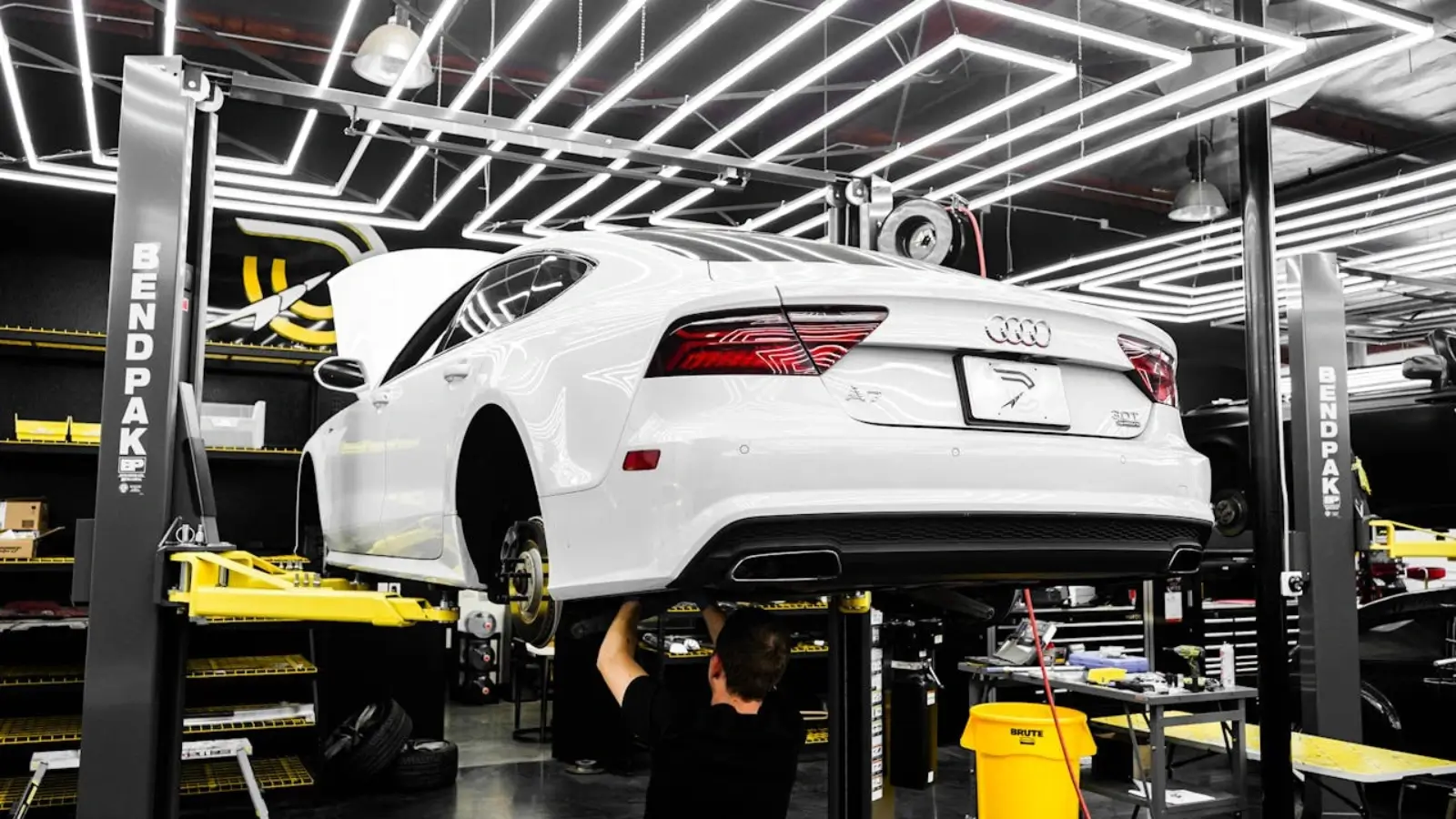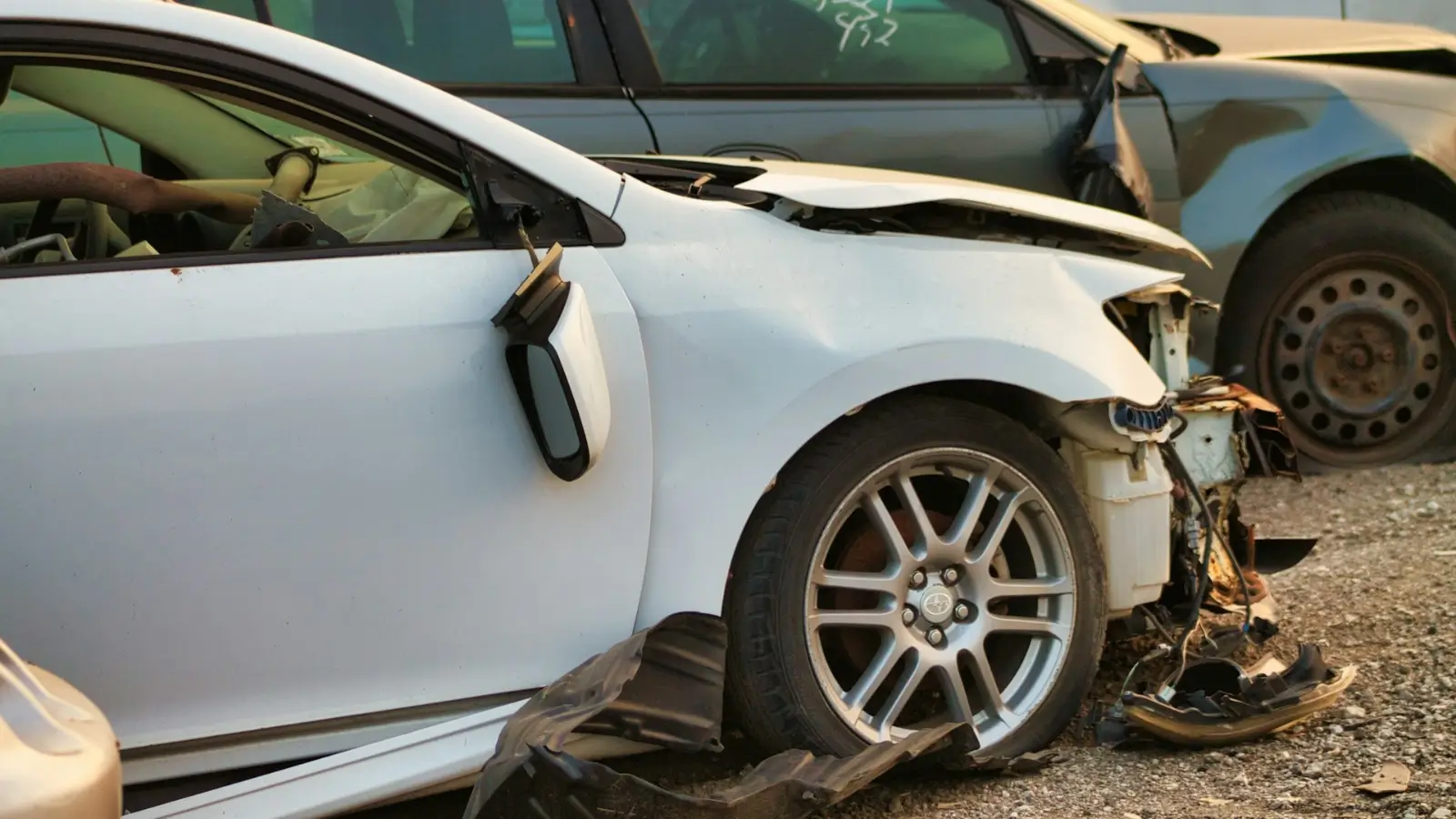A classic Australian dream is the smell of a brand-new car and the freedom of the open road. However, given the current cost of living, this dream could potentially become a financial burden in 2025. You've worked hard to get your money in order, and the last thing you need are new wheels that throw you off track. The good news is that you can get the car you need without putting your financial future at risk. Everything depends on how well you plan, how realistic your goals are, and where you can get beneficial help.
Therefore, prepare for us to discuss the smart way to get a car. We'll talk about how to make a successful budget, find those sneaky hidden costs, and look at financial options that work with your needs, not against them.
Setting Your Financial Speed Limit: Making Plans for Your New Ride
Before you even think about looking at cars on the internet or going onto a dealership's lot, you should take a close look at your finances. The 20/4/10 rule is commonly used by Australians as a general guideline. This tip is a simple but important guide:
- For a car loan, try to get one with a 20% down payment and a term of no more than 4 years.
-
Furthermore, make sure that the loan payments, insurance, and costs of running the car don't take up more than 10% of your monthly gross income.
This requirement is not a hard and fast rule, but it's a good place to start. It forces you to be honest about how much you can really pay. Remember that the purchase price is just a starting place. Getting attached to a car that you can't afford is a guaranteed way to mess up your financial plans. Should the numbers not match, it means you need to either change your goals or save for a longer time. Consult financial advisors Brisbane to gain a comprehensive understanding of your situation and receive personalised assistance on integrating a significant purchase, such as a car, into your overall financial plan.
Taking a Closer Look: How Much It Really Costs to Own a Car
The price tag on a car is like an iceberg: what you see on the top isn't even close to the whole story. The real cost of having a car is the long-term costs that many first-time buyers don't think about. In Australia, these can add up to a lot.
Upfront and Ongoing Costs
First, there are costs that need to be paid up front, such as state-specific stamp tax and registration fees with Compulsory Third Party (CTP) insurance variations. Thereafter, you have ongoing costs. Comprehensive car insurance is needed to protect your new asset, and the rates will change a lot based on your age, driving record, and the car you choose.
It doesn't end there either. Here are some other expenses to consider:
-
Regular Servicing: Setting aside money for regular repair will help you keep your car safe and running.
-
Fuel: Since gas is a big and changing cost, you should really think about how fuel-efficient a car is.
-
Maintenance: Then there are costs that happen less often but can't be avoided, like buying new tires and maybe fixing the car as it gets older.
-
Parking and Tolls: Especially if you live and work in a big city, parking and tolls can cost you a lot of money every month.
You will have a much more accurate picture of your total spending if you add up these secret costs.
Getting Through the Financial Maze: Picking the Right Path for You
Most Aussies need some kind of funding to buy a car. While the concept of a loan may seem daunting, others have successfully navigated this path before you. It's important to get a loan that fits your needs and won't be too hard for you to repay. Before you look for a car, it's a beneficial idea to get pre-approved for a loan. This makes it easier to set a clear budget that you can use when you go to the dealership to bargain.
A big down payment is always a beneficial idea because it lowers your loan amount and the interest you pay over time, but some lenders do offer car loans with no down payment. These might work for you if you need a car badly but haven't had an opportunity to save up a lump sum. But keep in mind that the interest rates on these loans might be higher, so be careful. Looking into your options for car loans Brisbane will help you find a favourable rate and loan plan that works for you. Don't be afraid to look around and compare what different companies have to offer.
Driving a Smart Bargain: Tips for Making a Purchase That Makes Financial Sense
Now that you have a budget, it's time to pick a car. Make sure that the car you want to buy fits your budget by considering either a nearly new or a reliable used car. New cars lose value as soon as you drive them off the lot, so buying a used car can save you a lot of money. Before making a decision, you should always get a full mechanical check and look over the car's history report.
Don't be scared to begin haggling over the price if you truly want a particular car. Determine the car's market value, and be prepared to walk away if the seller does not accept your reasonable offer. Retailers may be more eager to meet their sales goals at the end of the month or quarter.
The Road Ahead: Getting Motivated to Reach Your Goals
The purchase of a new car is an exciting event that doesn't have to put your finances at risk. You can confidently buy a new car if you're well-informed, set a fair budget, know the total cost of ownership, get the right financing, and are a skilled negotiator. Remind yourself that you are still in charge of your finances.
How did the process of buying a car that wasn't too expensive go? Please feel free to share your questions and suggestions in the section below. Let's work out how to get a smart car together.










